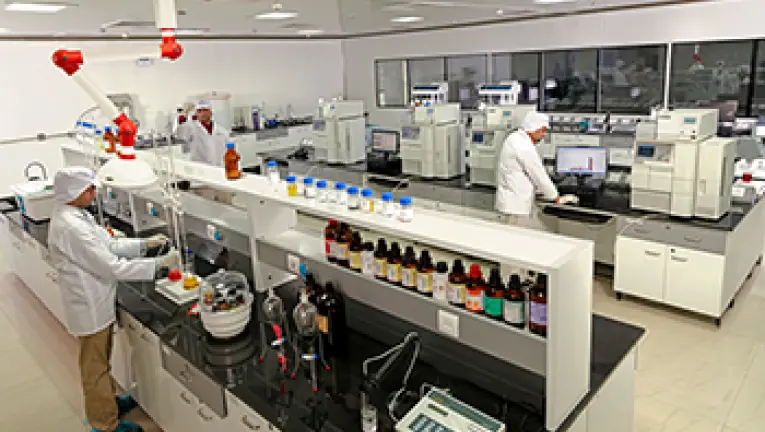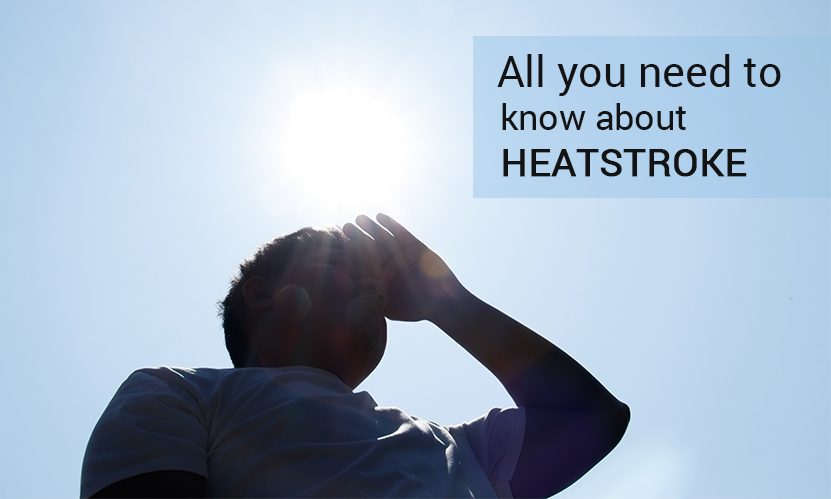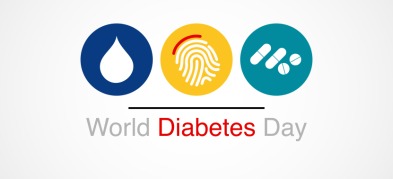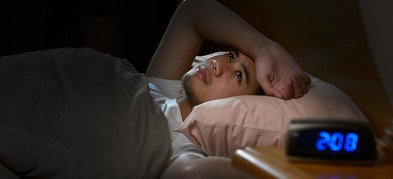All you need to know about Heatstroke
Heatstroke is a serious heat illness which is primarily caused due to overheating of the body. It is usually a result of prolonged exposure of the body to extreme heat or high temperature conditions. According to medical experts, heatstroke is an emergency situation that requires immediate medical assistance, as it can damage a person’s brain and other internal organs like heart, kidneys and muscles. Furthermore, an untreated heatstroke can worsen the damage and prove to be fatal.
Here’s everything you need to know about heatstroke:
Symptoms
Body temperature reaching to 104°F or more followed by dehydration and fainting is the core symptom of a heatstroke. Some of the other symptoms include:
- Throbbing headache
- Nausea and vomiting
- Lack of sweating
- Muscle pain and cramps
- Dry skin and skin redness
- Increased heart rate
- Rapid Breathing
Heatstroke can also alter the mental state and behavior of the sufferer that can result in confusion, agitation, slurred speech, and seizure.
Causes
The medical condition occurs in combination with dehydration that can lead to failure of the body’s temperature control system. It may raise the body temperature to almost 104°F (or higher) and can also increase complications with the central nervous system. Here are two primary causes of the condition:
Exposure to Heat and High Temperatures
According to medical experts, exposure to hot environment and humid weather for a prolonged period of time leads to a rise in core body temperature, resulting in a heatstroke. This type of heatstroke is also known as nonexertional (classic) heatstroke.
Arduous Physical Activity
Intense physical activity in hot weather tends to increase the core body temperature, leading to exertional heatstroke.
Prevention
Luckily, heatstroke is both predictable as well as preventable. Aged adults or people with chronic illness are always advised to stay indoors when the heat index is high. Here are some tips and guidelines by the World Health Organization (WHO) for preventing heat-related illness:
- Increase fluid consumption, even if you don’t feel thirsty. However, refrain yourself from taking drinks with high-sugar content
- Wear light colored, lightweight and loose-fitting clothing
- Stay indoors when the temperature is high outdoors. Take a shower or a bath if you still feel uncomfortable
Other Preventive Measures
Here are some other preventive measures suggested by medical experts:
- Use a sunscreen with SPF 30 or more to prevent sunburns
- Take extra care when working or exercising outdoors and stay properly hydrated
- Take extra precautions with medications. Some medicines can affect the body’s ability to stay hydrated and dissipate heat. Use doctor prescribed medications manufactured by the top pharmaceutical companies only
- Don’t leave anyone in a parked car
Heatstroke is one of the most serious and life-threatening medical conditions that can lead to the failure of various organs. Thus, one should take proper precautionary measures while travelling outdoors when the temperatures are high.
Disclaimer This blog solely intended for the educational/informational/awareness purposes and is not a substitute for any professional medical advice, diagnosis or treatment. Please consult your doctor/healthcare professional before acting on the information provided on the blog. Reliance on any or all information provided in the blog, is solely at your own risk and responsibility. Mankind Pharma Limited shall not be held liable, in any circumstance whatsoever.











